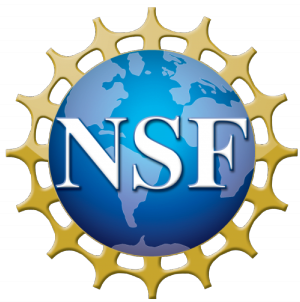September 15th, 2008 - August 31st, 2011 | PROJECT
SciGirls was a multimedia project to encourage and empower more girls to pursue STEM careers--the first PBS television series designed specifically for girls 8-13. Episodes were made available for distribution on the newest digital platforms, e.g., Vimeo and iTunes for downloads, free of charge. Strategic partners included the National Girls Collaborative Project (NGCP) and The Franklin Institute. The NGCP links SciGirls with its network of 500 community-based science programs for girls. The Franklin Institute coordinated an affiliate network of science museums to implement outreach. The project also wored with the new "Girl Scout Leadership Experience" program.
Project Website(s)
(no project website provided)
Project Products
Summative Evaluation of SciGirls Television Series Season One
Team Members
Richard Hudson, Principal Investigator, Twin Cities Public TelevisionKaren Peterson, Co-Principal Investigator, Twin Cities Public Television
Barbara Flagg, Evaluator, Multimedia Research
Funders
Funding Source: NSF
Funding Program: ISE/AISL
Award Number: 0813519
Funding Amount: 2598634
Tags
Access and Inclusion: Women and Girls
Audience: Elementary School Children (6-10) | Middle School Children (11-13) | Museum | ISE Professionals | Parents | Caregivers
Discipline: Engineering | General STEM | Mathematics | Nature of science | Technology
Resource Type: Project Descriptions
Environment Type: Broadcast Media | Community Outreach Programs | Media and Technology | Museum and Science Center Programs | Public Programs | Websites | Mobile Apps | Online Media

